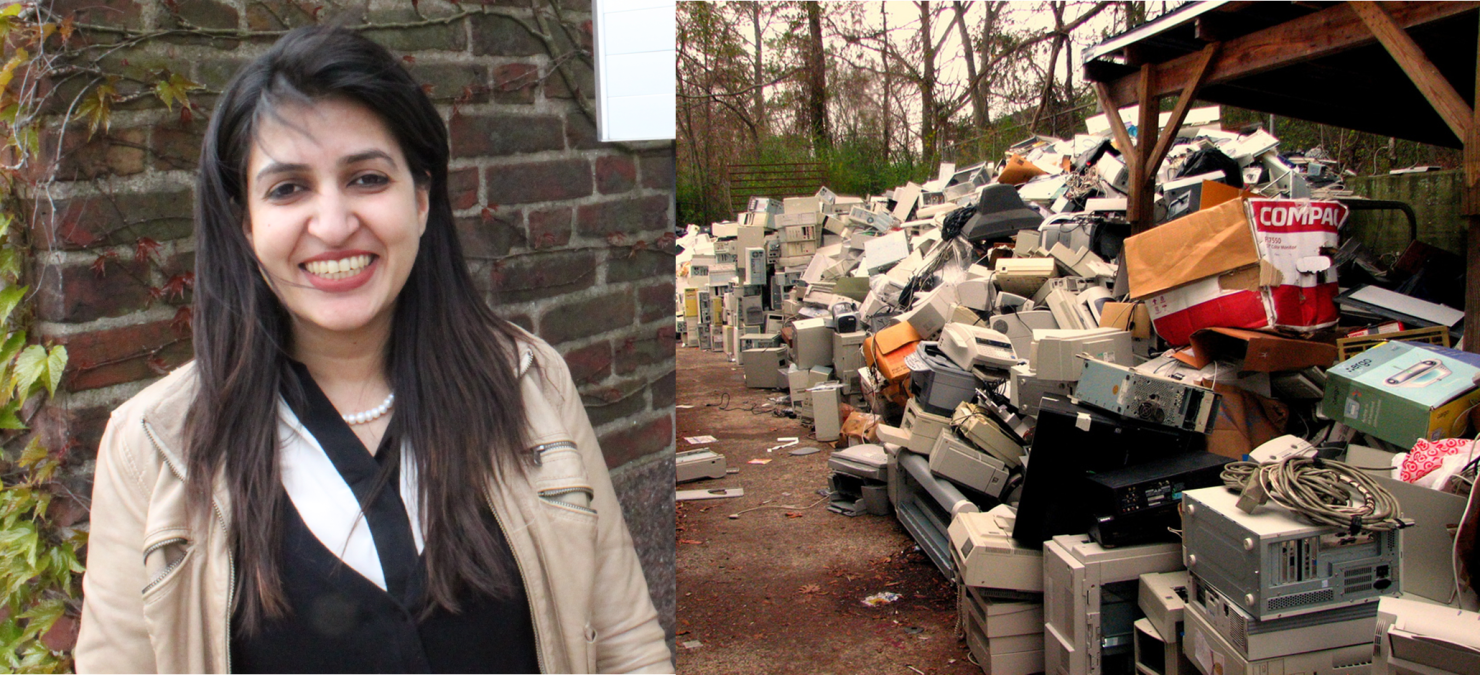Licentiate-seminar Shakila Umair
Informal electronic waste recycling in Pakistan
On Tuesday 2nd of June Shakila Umair will defend her licentiate-thesis "Informal electronic waste recycling in Pakistan".
Everyone is most welcome to the seminar on KTH campus, 14:00 in room L51, Drottning Kristinas väg 30.
Abstract
The aim of this thesis was to study governance aspects of informal electronic waste recycling and to provide better knowledge of the business in terms of structure, stakeholders, governance aspects and social impacts. The thesis consists of a cover essay and two papers appended at the end of the thesis. The cover essay summarizes the papers and puts them in context. The objective of Paper I is to study the business of informal electronic waste recycling in Pakistan and highlight its governance issues. Paper II assesses the social impacts of this business using UNEP-SETAC Guidelines.
The thesis examines these specific questions: Q1) What is the current situation of informal e-waste recycling in Pakistan? Q2) Who are the important stakeholders and what are their roles in this business? Q3) What are the governance issues enabling this informal business? Q4) What are the social impacts for individuals and society arising from this business?
Paper I presents the international and local e-waste flows, business structure, the stakeholders involved and the existing governance issues of the business. It shows weak enforcement of legislation, the complexities emerging with numerous stakeholders, the profitability of informal recycling, little concern for the health damaging exposure for workers from poorest and most vulnerable people in society, and the lack of awareness of the hazards involved results in several governance issues. The paper also highlights how this business lacks characteristics of good governance, which makes it a challenge to control this business.
Paper II assesses the social impacts of informal e-waste recycling in Pakistan using UNEP/SETAC guidelines for conducting a Social Lifecycle Analysis (SLCA). It showed that this business has positive impacts relating to societal issues and individual/family economics, and in the economic development of Pakistan but otherwise most impacts were negative. The findings of Paper II fill an important data gap and can be integrated with data on other stages of ICT product lifecycle to produce a full SLCA of such products.

